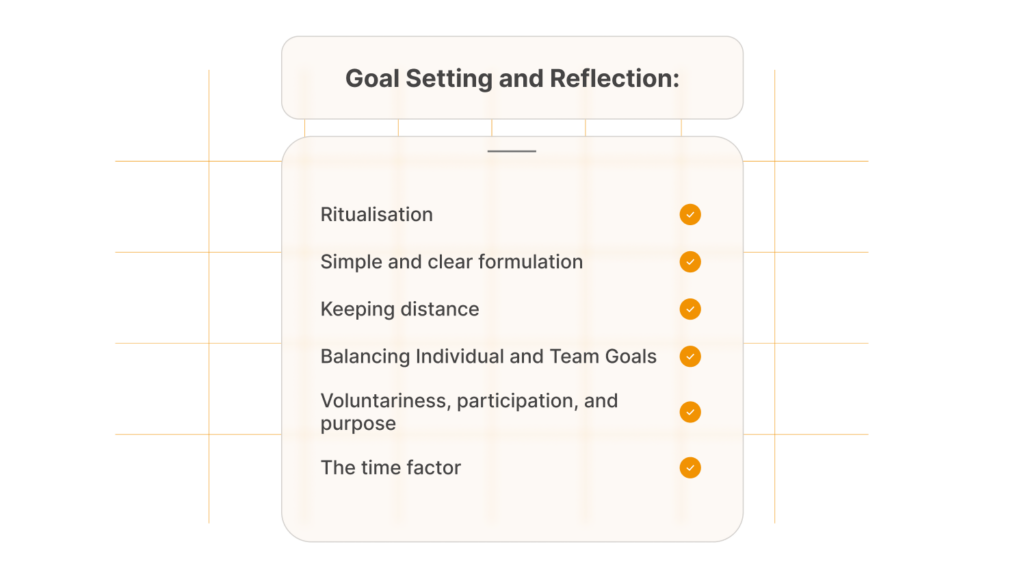📢 📢 📢 FREE Webinar - How the Unconscious Drives You and Your Team’s Success!

📢 📢 📢 FREE Webinar - How the Unconscious Drives You and Your Team’s Success!


Throughout my career, I have set, reviewed, and achieved many goals – and, of course, sometimes failed to achieve them. I recognized the importance of goals early on, but learning how to formulate them effectively and integrate them into a team setting was a process of trial and error. To help others avoid the same trial-and-error approach, I’m happy to share some key insights I’ve gained on how to successfully formulate, structure, review, and reflect on goals.

Team goals (“We-goals”): When each individual contributes their performance and aligns with a shared attitude, the result is greater than the sum of its parts: 1 + 1 + 1 + 1 + 1 = 7.


Curious about Mission Team and have a few questions?
Excited to dive deeper into what we offer?
Ready to transform your team with an incredible workshop?
© 2025 Mission Team, Inc. All rights reserved.